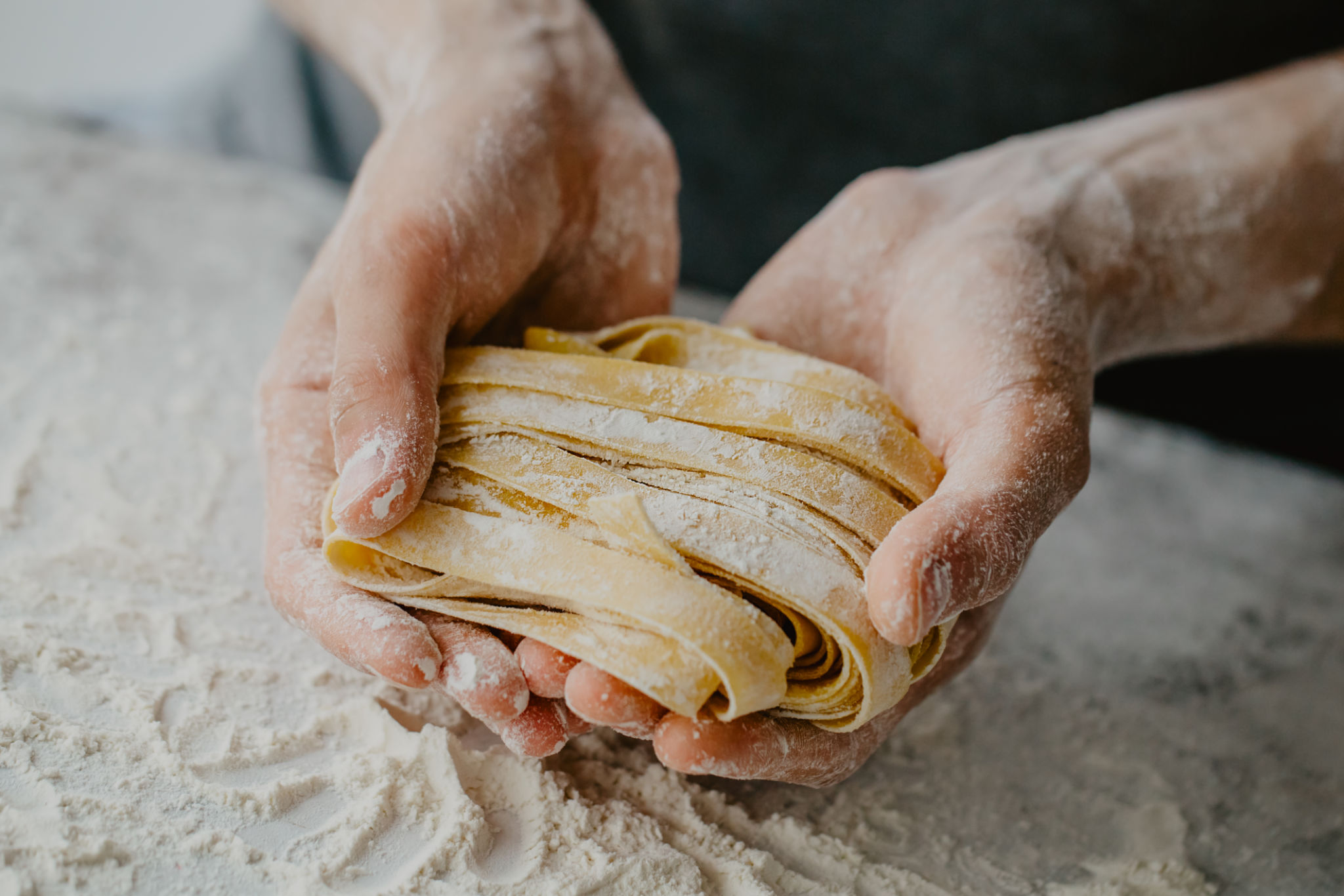Debunking Common Myths About Fresh Pasta
Introduction to Fresh Pasta Myths
Fresh pasta is often celebrated for its rich taste and texture, yet several misconceptions about it persist. These myths can deter home cooks and food enthusiasts from embracing this delightful culinary experience. In this post, we'll debunk some common myths surrounding fresh pasta, empowering you with knowledge to enjoy and appreciate it fully.

Myth 1: Fresh Pasta Is Always Better Than Dried Pasta
One prevalent myth is that fresh pasta is inherently superior to dried pasta. While fresh pasta offers a unique flavor and texture, it doesn't automatically trump dried pasta. The choice between fresh and dried often depends on the dish being prepared. For example, fresh pasta pairs well with delicate sauces, while dried pasta is better suited for hearty, robust sauces.
Understanding the context of your dish can help you select the appropriate type of pasta. Remember, it's not about one being better than the other but rather about using each type to its strengths.
Myth 2: Making Fresh Pasta Is Time-Consuming
Another common belief is that preparing fresh pasta is a lengthy and laborious process. While it's true that making fresh pasta from scratch requires some effort, the process can be simplified with practice and the right tools. In fact, many home cooks find making pasta to be a rewarding and relaxing activity.

Investing in a quality pasta machine and following a reliable recipe can significantly reduce preparation time. Additionally, fresh pasta can be made in batches and stored for later use, making it a convenient option for busy schedules.
Myth 3: Fresh Pasta Is Always More Expensive
Some people assume that fresh pasta is more costly than its dried counterpart. While purchasing pre-made fresh pasta can be pricier, making it at home is quite economical. The main ingredients—flour and eggs—are inexpensive and readily available.
- Flour: All-purpose or semolina flour are commonly used.
- Eggs: Quality eggs can enhance the flavor but don't add significant cost.
- Equipment: A basic rolling pin or pasta machine will suffice for most recipes.

By making fresh pasta yourself, you not only save money but also gain control over the ingredients, allowing for healthier and tailor-made meals.
Myth 4: Fresh Pasta Must Be Cooked Immediately
A widespread belief is that fresh pasta must be cooked immediately after preparation. In reality, fresh pasta can be stored in the refrigerator for up to two days or frozen for longer periods. Proper storage ensures that you have fresh pasta ready to cook whenever desired, adding convenience to its list of benefits.
By understanding these myths and the truths behind them, you can make informed decisions about when and how to incorporate fresh pasta into your culinary repertoire. Whether you're a seasoned chef or a kitchen novice, don't let these misconceptions hold you back from exploring the flavorful world of fresh pasta.